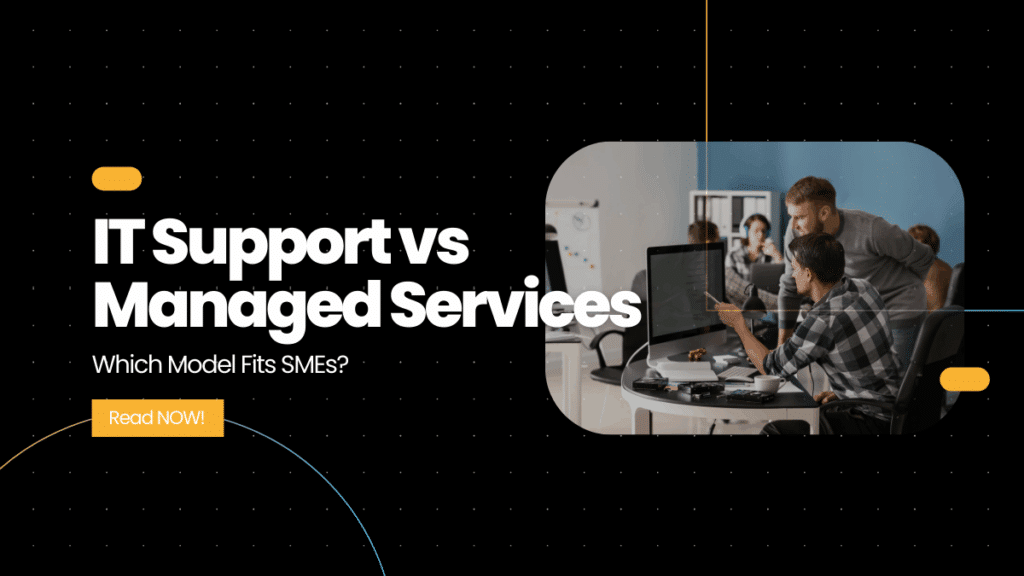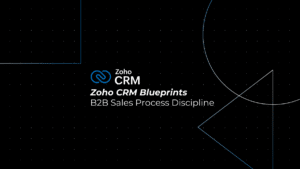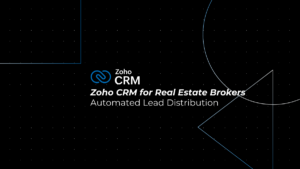Technology is no longer optional for SMEs in Egypt—it’s the backbone of daily operations. From securing data to managing employee devices and ensuring seamless connectivity, IT has a direct impact on productivity and growth. Yet many SMEs still face a big decision: should they rely on traditional IT support or shift to a managed services model?
This isn’t just a cost question. It’s about the services, tools, and software your business can access. Let’s dive into IT support vs managed services in detail, with a special focus on what’s most relevant for SMEs seeking IT support in Egypt.
Table of Contents
ToggleTraditional IT Support in Egypt
Traditional IT support follows a reactive model. Businesses contact IT teams when something goes wrong—whether it’s a crashed computer, a virus, or a network outage. This approach is often called the “break/fix” model.

Typical Services Provided
- Hardware troubleshooting and replacement
- Software installation and configuration
- Virus and malware cleanup
- On-site or remote issue resolution
Common Tools Used in IT Support
- Remote Access: TeamViewer, AnyDesk, Splashtop for direct troubleshooting
- Basic Antivirus: Kaspersky, Avast, McAfee for endpoint protection
- Local Backup Tools: External drives, Acronis True Image, Windows Server Backup
- Ticket Logging: Simple spreadsheets or shared inboxes
Pros & Cons for SMEs
- Pros: Lower upfront costs, simple model, flexibility
- Cons: Downtime until issues are resolved, limited automation, no proactive monitoring
Traditional IT support is suitable for micro-businesses but struggles to keep up with the fast pace of growing SMEs.
Managed Services: The Proactive Model
Managed services shift IT from being reactive to proactive. Instead of waiting for problems, a managed service provider (MSP) continuously monitors, manages, and secures your IT infrastructure. SMEs in Egypt increasingly prefer this model because it aligns with growth and digital transformation.

Here’s How Managed Services Typically Operate:
- Subscription-based with predictable monthly costs
- Continuous monitoring to prevent issues before they occur
- End-to-end coverage, from hardware to cloud
They focus on prevention, continuous monitoring, and automation, giving SMEs enterprise-level IT capabilities at a predictable monthly fee.
Services Typically Offered
- Remote monitoring and management of all devices
- Cloud backup and disaster recovery
- Endpoint protection and advanced cybersecurity
- Automated patching and updates
- Helpdesk with SLA-driven response times
- Productivity suite management (email, collaboration tools)
Software & Tools Used in Managed Services
- RMM (Remote Monitoring & Management):
- NinjaOne, Atera, ManageEngine
- Monitor servers, desktops, and network devices 24/7
- Automated alerts for downtime, storage limits, or suspicious activity
- PSA (Professional Services Automation):
- ConnectWise Manage, Zoho Desk
- Ticketing systems with time tracking, reporting, and escalation workflows
- Cloud Backup & Disaster Recovery:
- Acronis Cyber Protect, Veeam Backup, OneDrive for Business
- Continuous backup with instant restoration to minimize downtime
- Security Suites:
- Bitdefender GravityZone, Sophos Central, Microsoft Defender for Business
- Advanced threat detection, encryption, endpoint isolation
- Collaboration & Productivity Tools:
- Microsoft 365, Google Workspace, Zoho One
- Email hosting, shared calendars, cloud storage, and communication platforms
Benefits for SMEs in Egypt
- Predictable monthly costs instead of surprise bills
- Proactive prevention of downtime
- Access to enterprise-grade software at SME budgets
- Scalability as the business grows
IT Support vs Managed Services: Direct Comparison
| Feature | Traditional IT Support | Managed Services |
|---|---|---|
| Approach | Reactive (fix when broken) | Proactive (prevent issues) |
| Cost Model | Pay-per-incident | Subscription/monthly |
| Tools | Remote access, antivirus, local backups | RMM, PSA, advanced security, cloud backups |
| Downtime | Higher—wait until techs respond | Lower—issues prevented or auto-resolved |
| Scalability | Limited | Designed for growth |
| Example: Security Incident | Tech cleans system after breach | Managed services isolate device, patch, restore backups automatically |
| Example: Onboarding Employee | Manual account setup | Automated provisioning of email, apps, access rights |
For SMEs, the difference isn’t just in service delivery—it’s in how technology is leveraged.
IT Support Egypt: What SMEs Should Look For

When choosing between IT support vs managed services in Egypt, SMEs must evaluate local needs. The decision should factor in:
- Localized Support: Providers who understand Egyptian business culture and respond quickly in Arabic and English.
- Integration with Local Systems: Access to software like Zoho, Odoo, or localized solutions.
- ERP integration: Many Egyptian SMEs need IT services that connect with ERP and accounting systems.
- Regulatory Compliance: Familiarity with data retention and e-invoicing laws from ETA.
- Scalable Tools: Providers who can add services (e.g., new cloud apps, advanced cybersecurity) as your SME grows.
- End-User Training: Ensuring your team knows how to use the provided software effectively.
Real-World Example: From Support to Managed
A mid-sized retail SME in Cairo was using traditional IT support. Each outage meant hours of lost sales and frustrated customers. After switching to managed services, they gained:
- 24/7 monitoring of point-of-sale systems
- Automated cloud backups for daily sales data
- Endpoint security across multiple branches
- Helpdesk ticketing for employee IT requests
The result: 40% reduction in downtime, higher staff productivity, and smoother customer service.
Conclusion
When comparing IT support vs managed services, the difference comes down to reactivity vs proactivity. For Egyptian SMEs, traditional IT support can work for very small setups, but managed services provide the automation, tools, and security needed to grow sustainably.
If you’re evaluating IT support Egypt providers, focus on their ability to deliver enterprise-grade tools, ensure compliance, and scale with your business needs.
FAQs
1. What is the difference between IT support and managed services?
IT support is reactive and fixes problems as they occur. Managed services provide proactive monitoring, automation, and prevention using advanced tools.
2. Can managed services replace in-house IT staff?
Yes, for SMEs. Managed services can handle most IT operations, while in-house teams can focus on strategy and business-specific needs.
3. Which tools are common in managed services?
RMM software (Atera, NinjaOne), PSA tools (Zoho Desk, ConnectWise), cloud backup (Veeam, Acronis), and advanced security suites (Bitdefender, Sophos).
4. Is managed services more expensive than IT support?
Not necessarily. While IT support charges per incident, costs can escalate quickly. While the monthly subscription may seem higher, managed services saves money long-term by reducing downtime, preventing breaches, and eliminating surprise costs.
5. How does PyramidBITS help SMEs with IT support in Egypt?
PyramidBITS evaluates your business size, tools, compliance needs, and budget to recommend whether IT support or managed services is the better fit.
We also implement the right software solutions tailored to Egyptian SMEs, integrating global tools like Zoho Desk, Acronis, and advanced cybersecurity with compliance to Egyptian tax and data regulations.
Ready to decide between IT support vs managed services for your business? Contact us today to transform how your business handles IT.
At PyramidBITS, we specialize in helping Egyptian SMEs adopt the right IT solutions, from Zoho and Odoo integrations to advanced managed services.



